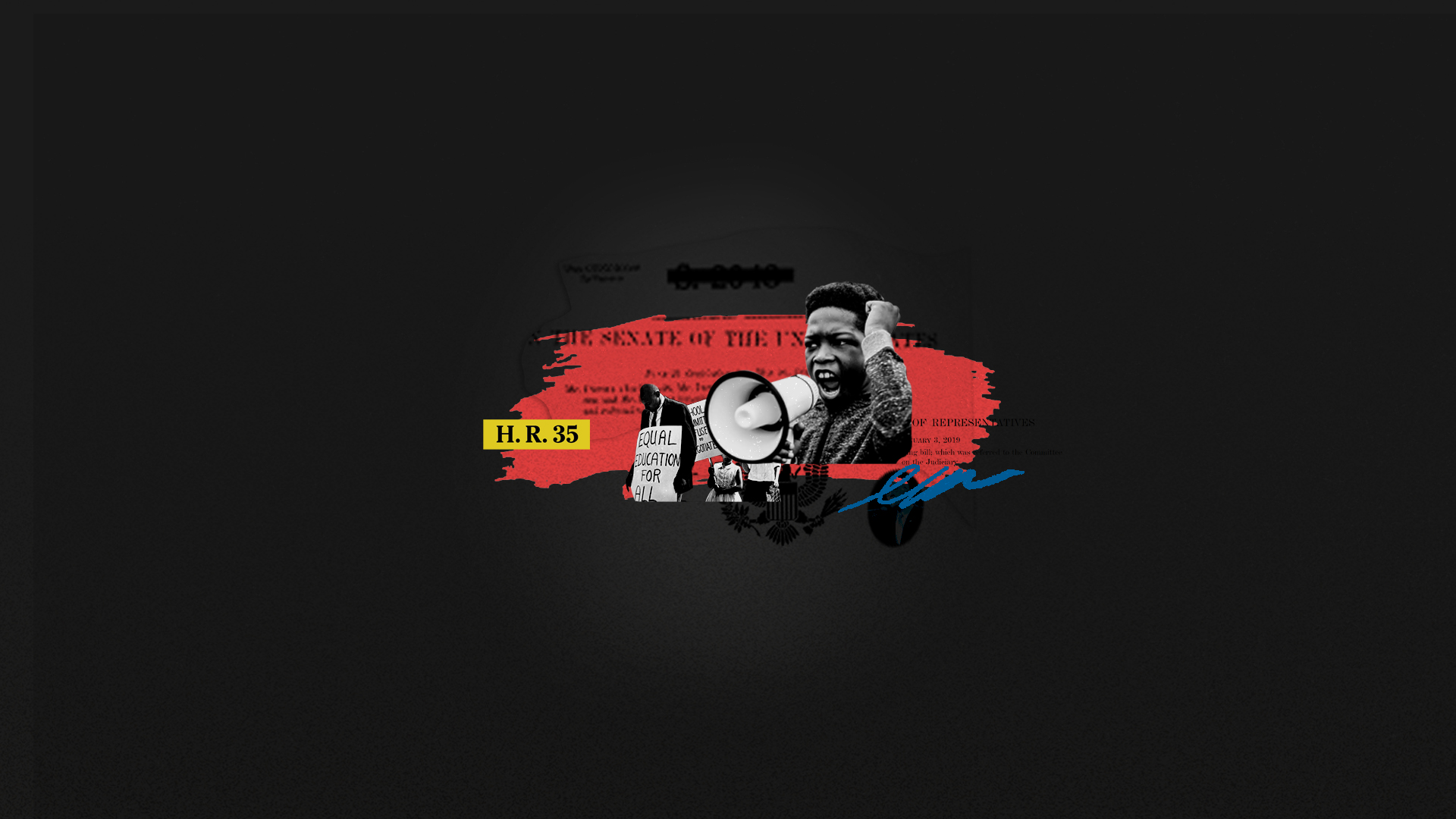
Removing deficit language from the narrative.
“Narrative power is the ability to change the norms and rules our society lives by. Narrative infrastructure is the set of systems we maintain in order to do that reliably over time.”
“Narrative builds power for people, or it is not useful at all.” – Rashad Robinson, Color of Change
What is deficient thinking?
Deficit thinking blames historically oppressed populations for the inequalities that they face rather than looking deeper into the systems in place that created the problems in the first place. When building a narrative that speaks to these disparities, it is important for the writer to identify this thinking and actively work to remove it from their language. How can they go about this?
First, understand the history
Understanding and acknowledging the historical factors and systems in place that drive these inequalities is vital to understanding why they exist. When unaware of the history, organizations raising awareness and funds through utilizing language such as poor, disenfranchised and broken place the blame on the oppressed instead of the system. In doing so, these same organizations, while noble in their desire, are not only just putting a bandaid on the situation but also setting themselves up as the hero to a “victimized” population.
Know your community
It’s important to actively check your biases, your advantage, and privileges when crafting narratives on others behalf. Getting proximate to the communities you serve is an important part of the process. Every community has its leaders, those who inspire the collective to work towards a common goal. Working alongside them is the fastest and most efficient way to repair these broken systems.
Keep it authentic
Make it your mission to authentically represent those for which you’re advocating. This means never shifting the story to align with your own lens nor becoming the driving force behind the story’s voice.
Drive behaviors
Don’t just point out the problems, provide solutions. When creating content you want to leave readers with a sense of empowerment, not hopelessness. Watching your word choice and phrasing can go a long way. Using language such as unfortunate will leave the reader feeling that’s a shame, but what can you do, whereas using unjust, shifts the thought process to that’s unfortunate, what can I do to help. Lastly, show gratitude. Remember that those whose stories you are telling are the ones doing the favor. Create a space where they feel comfortable sharing and then listen intently and with gratitude.